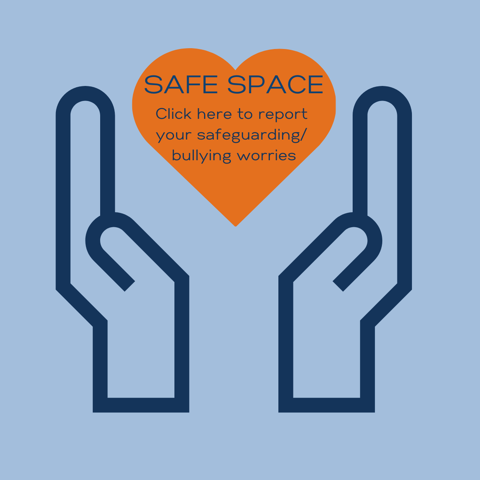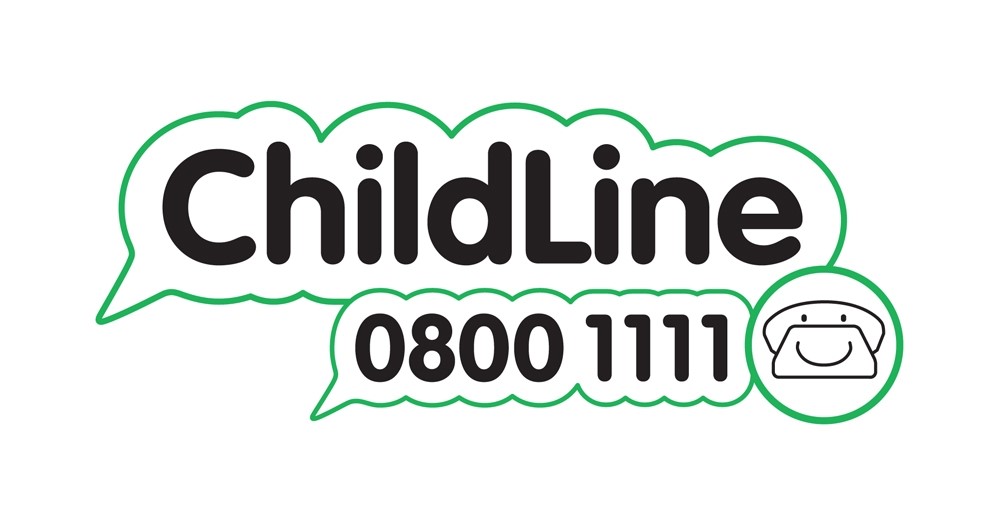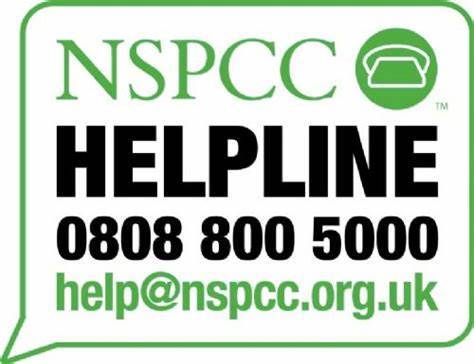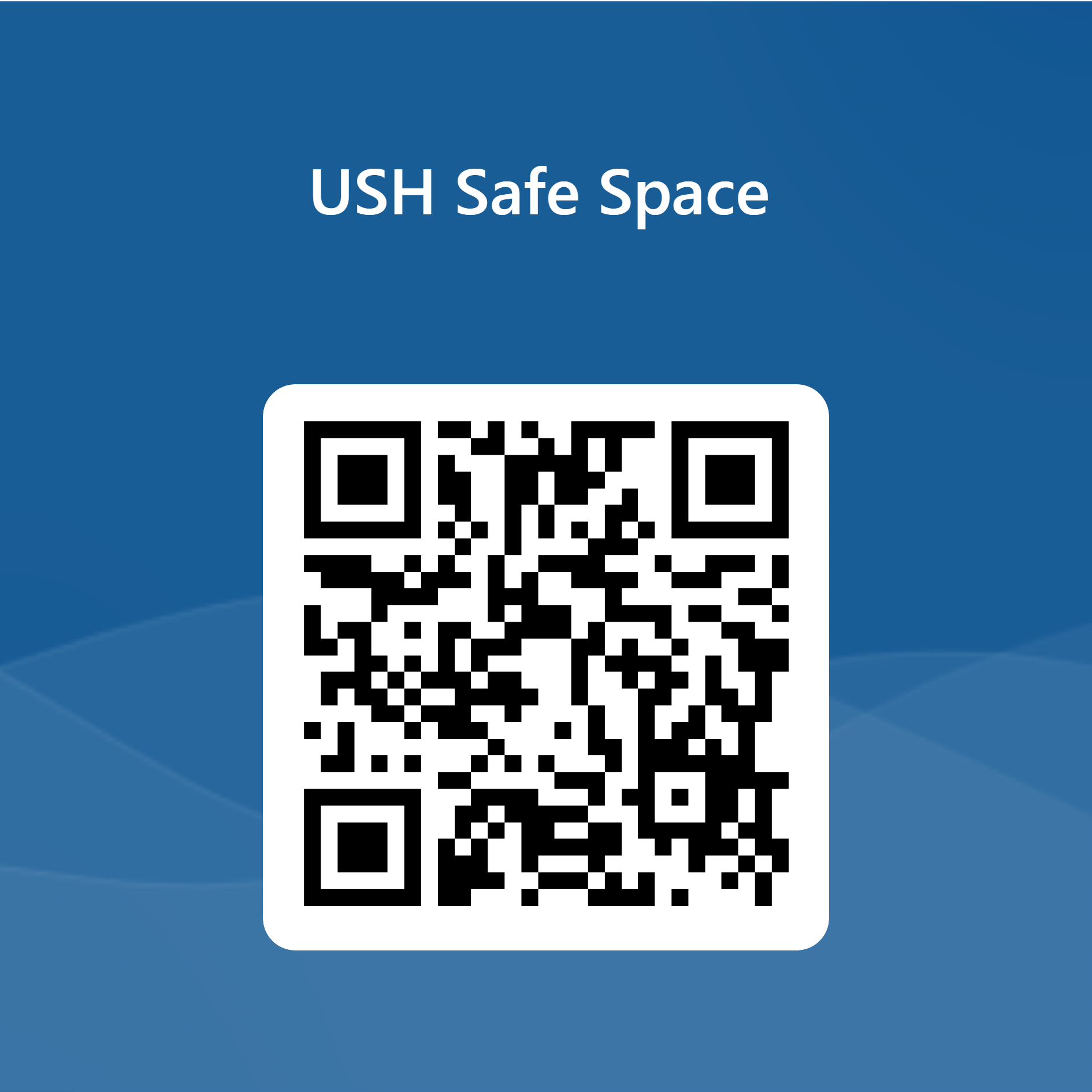Safeguarding and Supporting Parents
What is safeguarding?
Safeguarding is the action that is taken to promote the welfare of children and protect them from harm. All adults in the USH community work together to protect our children. It is our highest priority.
Safeguarding means:
- protecting children from abuse and maltreatment
- preventing harm to children’s health or development
- ensuring children grow up with the provision of safe and effective care
- taking action to enable all children and young people to have the best outcomes.
Child protection is part of the safeguarding process. It focuses on protecting individual children identified as suffering or likely to suffer significant harm. This includes child protection (click here to see our dedicated Safeguarding and Child Protection Policy) which details how we respond to concerns about a child.
Parents and carers work in partnership with the school and we recognise that from time to time you may need support.
If as a parent you are concerned about your own child or another young person you should inform any member of the pastoral team or Designated Safeguarding Lead, Miss Clements via Email Anneli.Clements@ushschool.org.
If you are a student who needs to report a concern, please tell any member of staff.
Our Safeguarding Governor is Mr Michael Roe michael.roe@ushschool.org
Out of Hours/ Emergency Safeguarding contacts
If you have any concerns at all about a child's safety or wellbeing outside of school hours please contact:
NSPCC Helpline - You can contact the NSCPP Helpline by calling 0808 800 5000 or emailing help@NSPCC.org.uk
Childline - You can call the Childline Helpline on 0800 11 11
Safeguarding Governor: Dr Michael Roe
Contact Details: To contact the governing board please email:
chair@ushschool.org or clerk@ushschool.org.

- Safeguarding Newsletter - Autumn 2
- Safeguarding Newsletter - Autumn 1
- Safeguarding Team 25-26
- Safeguarding at USH Leaflet
- Safeguarding E-Bulletin April 2024
- Safeguarding E-Bulletin December 2023
- Peer Support Service by Solent Mind
- Vaping Factsheet for Parent
- Talk With Your Teen About E Cigarettes Factsheet
- Additional Support for Parents in Southampton
- Mental Health Referral Process at USH
- Talking About Alcohol - A Guide for Parents and Carers
- Vodafone Digital Parenting Guide


